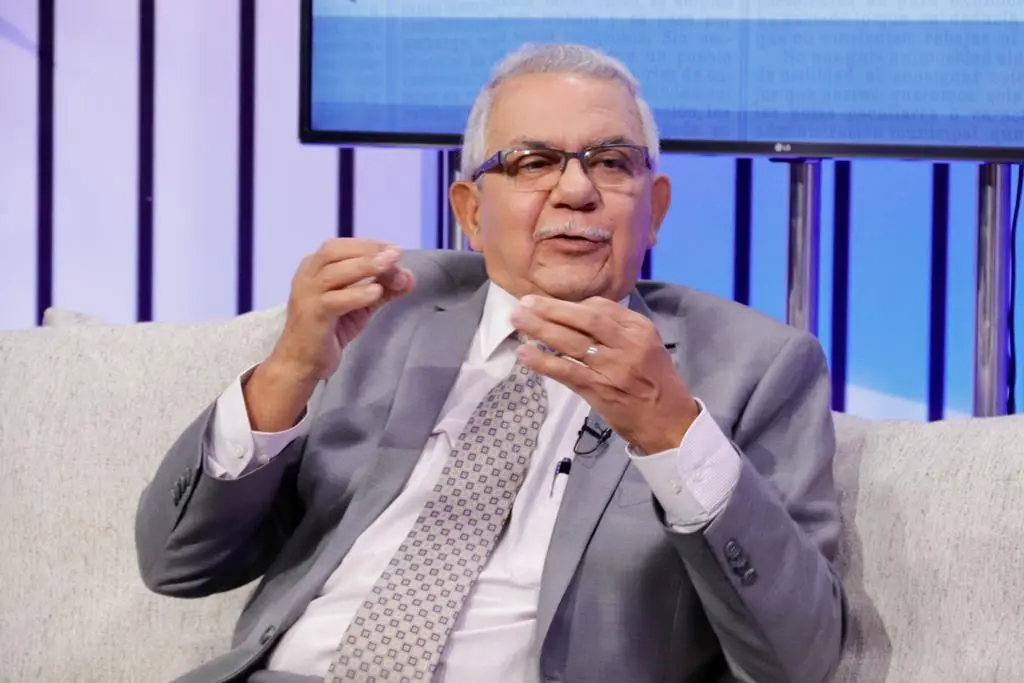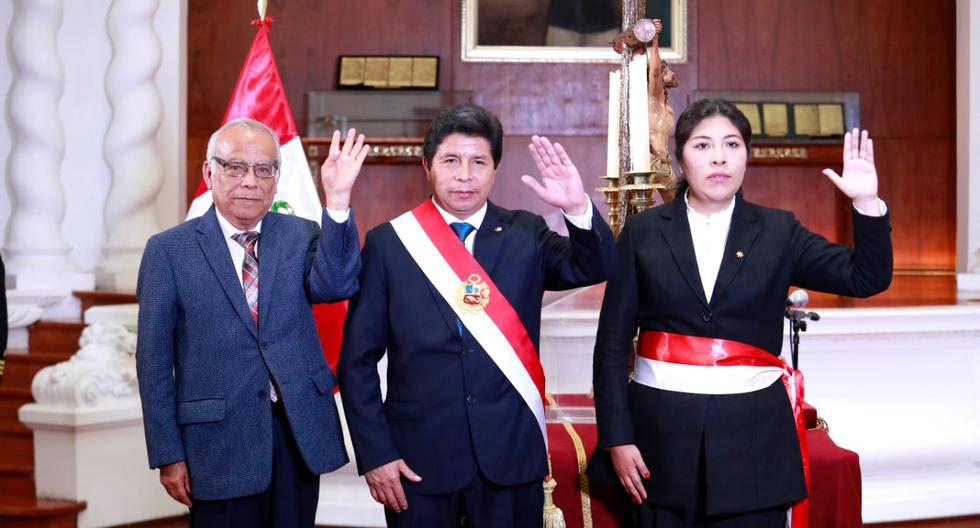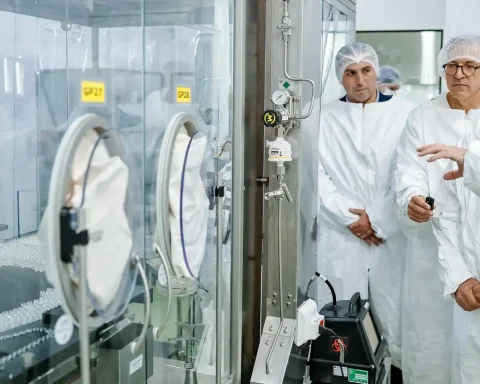SANTO DOMINGO.- Doctors prefer to prescribe brand name drugs because they receive a commission from pharmaceutical laboratories, he assured today Arismendi Díaz Santana, specialist in social security.
«Many doctors do not take the catalog established by the Ministry of Public Health, the SISALRIL and the CNSS and they prescribe medicines that are not in that catalog because what many doctors want is to prescribe the medicines for which they receive a commission,” said Díaz Santana during an interview on the radio program Cuentas Claras, which is broadcast on La Nota 95.7 fm.
Also read: Expert criticizes doctors’ method of fighting
The expert pointed out that due to the aforementioned situation, many patients complain that when they go to the pharmacy to look for a medicine that the doctor has prescribed, it turns out that they do not recognize the medicine they are requiring, “when the member arrives at This pharmacy asks the ARS for authorization and the insurer says no, that drug is not included in the catalog, they (the doctors) want to continue insisting on brand name, patented drugs.
In the opinion of the economist, this is due to the fact that no public health authority in recent years has wanted to enforce what the social security law establishes.
diaz santana He cited the example of the United States, the richest nation, where no doctor is allowed to prescribe brand name drugs, only generic ones, “that is, what they call the active ingredient, the best demonstration is that an American citizen, no matter how rich or poor, whoever it is is going to show you a little pot where the tablets that his doctor prescribed are.
“The sale of counterfeit medicines, of medical samples, has been denounced many times, a scandal is made for 10 or 15 days and everything remains the same, it is that in this country and particularly in the health sector no authority is fulfilling the role that The Constitution and the laws assign it to it, that is the problem, that situations accumulate so that the groups in power do what they want,” he said.
An example of this – as explained by the specialist – is that when the drug coverage limit is increased here, the laboratories immediately increase the prices of the drugs. “When it was increased from 3,000 to 8,000 pesos at once, most of the laboratories raised the drugs to earn more and harm the population,” without Public Health reacting.
Health treated as merchandise
Arismendi Díaz Santana, a specialist in social security, indicated that the problems that are affecting the population and that they are generating insecurity and dissatisfaction are not derived from the law as such, but from the wrong way in which it is being applied.
Santana considered that people’s health cannot be handled as if it were any other commodity, but warned that to avoid this, the authorities “have to get involved.”
“The population remains unprotected, health is not just any merchandise, life is essential and that has to be regulated by the State.”
primary care
The social security specialist defined primary care as the right of the population or affiliates to an annual health check-up. “Primary care is a process to protect the population and ensure that their years of healthy life are extended as long as possible.”
«You go to a doctor’s office where there are 5 people waiting for the doctor to consult, of those people there is one who has the flu and another who has pneumonia, both the one with the flu and the one with pneumonia will go to the same specialist and go to pay 2,500 or 3,000 pesos of copayment, which is what the Dominican Medical Association (CMD) wants to maintain because of that copayment the doctor does not pay a single penny of tax, regardless of the fact that it is a compulsory and illegal charge, if we apply primary care, those patients who only have the flu, go to the primary level, near their place of residence, they will be treated and they will be analyzed without spending a single penny,” explained Díaz Santana.
This is why – he pointed out – the CMD defends that there be primary care but in the subsidized regime because there is no co-payment, but they do not want primary care in the contributory system “because that is the business.


















